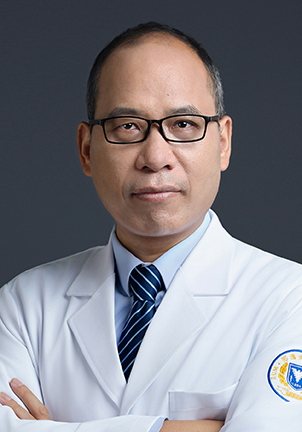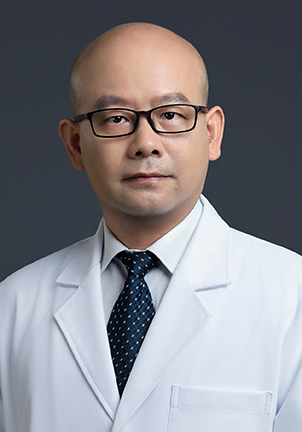Pathology
Overview
The Department of Pathology covers an area of 2400 square meters and has 136 staff members, including 11 personnel with senior professional titles, 17 doctoral degree holders, and 65 master's degree holders. In 2023, the department's workload comprises 220,000 histological cases and 80,000 cytological cases. In addition to performing regular clinical duties, The Department of Pathology also engages in teaching and collaborative research projects.
The Department of Pathology is one of the first national clinical specialty construction departments. It serves as the professional training center for the Zhejiang Clinical Pathology Quality Control Center, as well as the national standardized training center for resident physicians in Zhejiang Province. Additionally, it is the training center for advanced teacher practice courses, which contribute to the standardized training of clinical pathology resident physicians in Zhejiang Province. The department supervises trainee interns, attending doctors, and resident physicians. In 2016, our department established the first precision diagnosis center in Zhejiang province, which was subsequently acknowledged as the "PQCC Demonstration Laboratory" by the National Center for Disease Control and Prevention in 2017 and 2019.
The Molecular Pathology Diagnosis Center of The Department of Pathology of SRRSH was established in 2010 and was one of the first laboratories in the Zhejiang province to pass the acceptance inspection for genetic testing in 2014. In 2022, it was recognized as the National Pathology Quality Control Center (PQCC) Molecular Pathology Regional Center Laboratory.
Technical advantages
The Department of Pathology of SRRSH has 12 subspecialties, including Digestive Tumor, Intestinal Disease, Liver Pathology, Respiratory Pathology, Urinary System Pathology, Head and Neck Disease Pathology, Breast Pathology, Neurological System Pathology, Gynecological Pathology, Skin Pathology, Lymphatic Hematopoietic System Pathology, and Cell Pathology. Each physician is extremely proficient in their respective field of expertise. Notably, molecular pathology and digestive pathology are highly recognized.
The Molecular Pathology Center of the Department of Pathology has established a comprehensive genetic testing technology platform, including quantitative PCR, digital PCR, FISH, Sanger sequencing, high-throughput sequencing (NGS), etc., covering various project categories such as risk assessment, screening, diagnosis, targeted drug guidance, chemotherapy drug guidance, immunotherapy drug guidance, and prognosis evaluation.
We have a comprehensive quality and safety management system for the laboratory, as well as standard procedures for daily operations and quality control. The accuracy and reliability of test results were fully guaranteed by the exceptional results of our national and provincial quality evaluations, which provided sufficient and precise results for clinical diagnosis and treatment.
Academic status
Initial cohort of the National Clinical Key Specialty Construction Department
Zhejiang Clinical Pathology Quality Control Center Professional Training Base
National Standardized Training Base for Resident Physicians
PQCC Molecular Pathology Regional Center Laboratory
Research achievements
The department has led over 10 projects funded by the National Natural Science Foundation of China, as well as over 10 projects funded by the Provincial Natural Science Foundation and provincial departments. It has obtained 3 national invention patents and published nearly 100 papers, including more than 50 papers published in SCI-indexed journals.



















